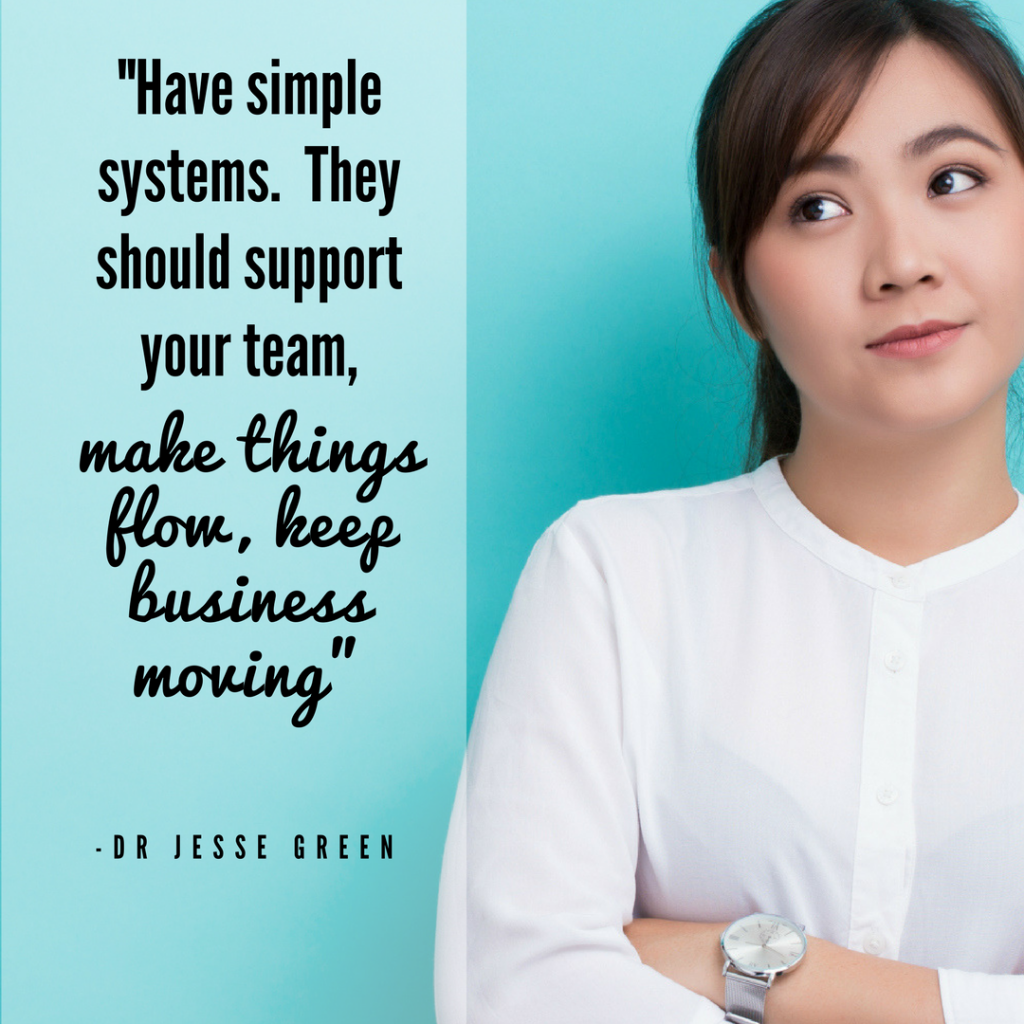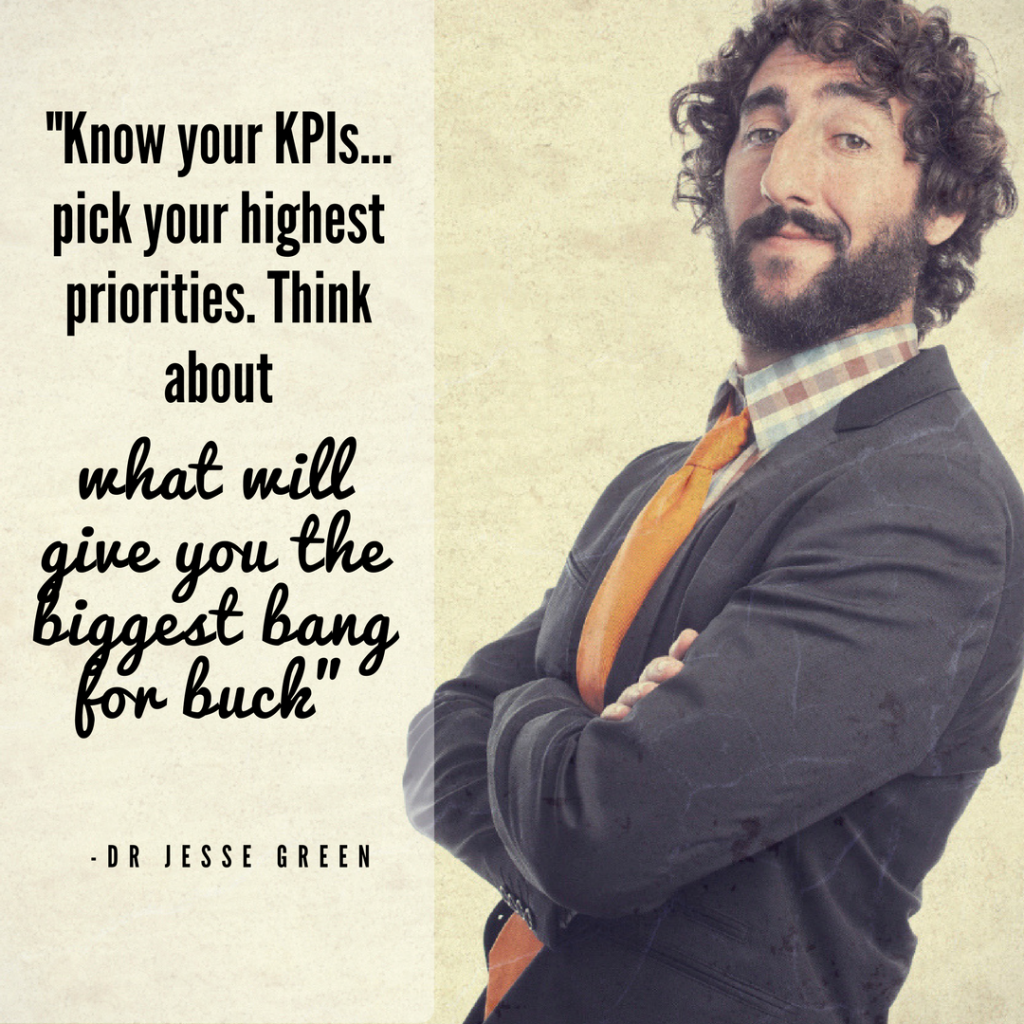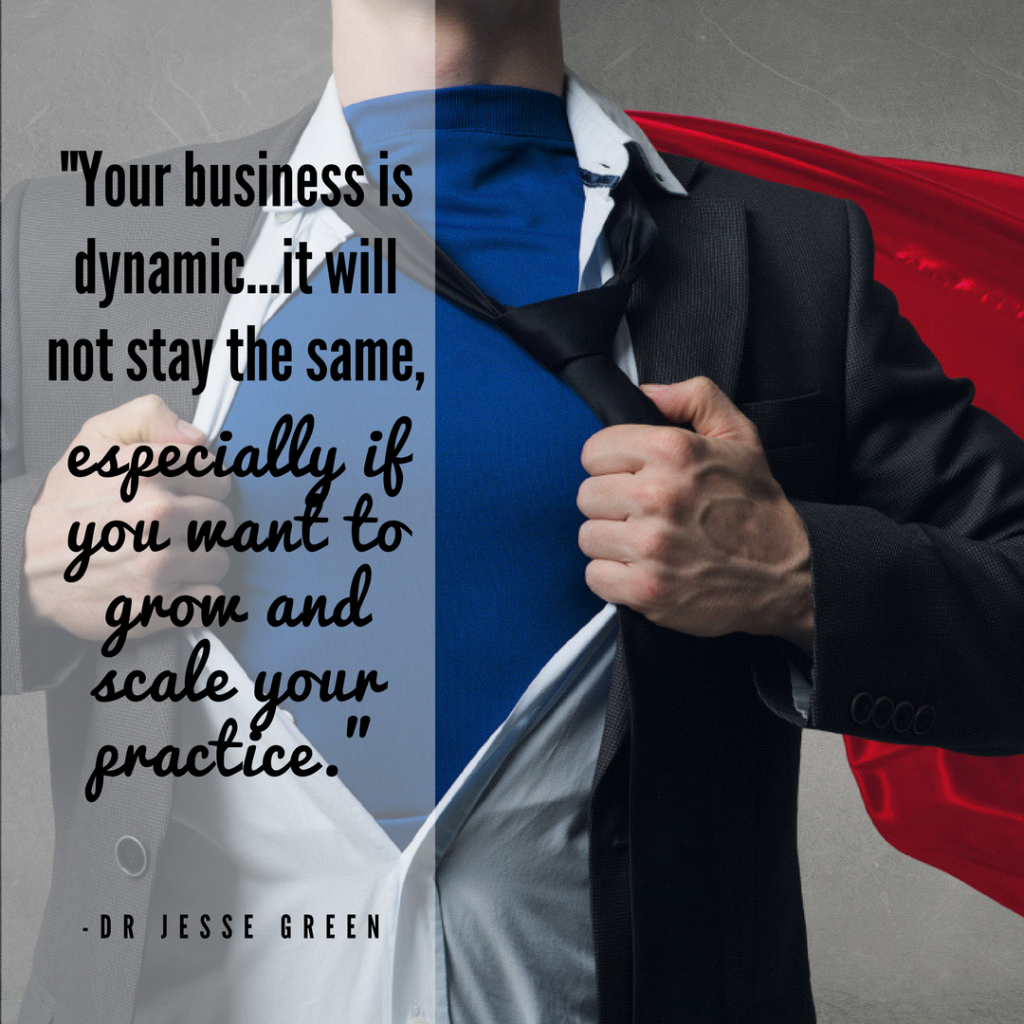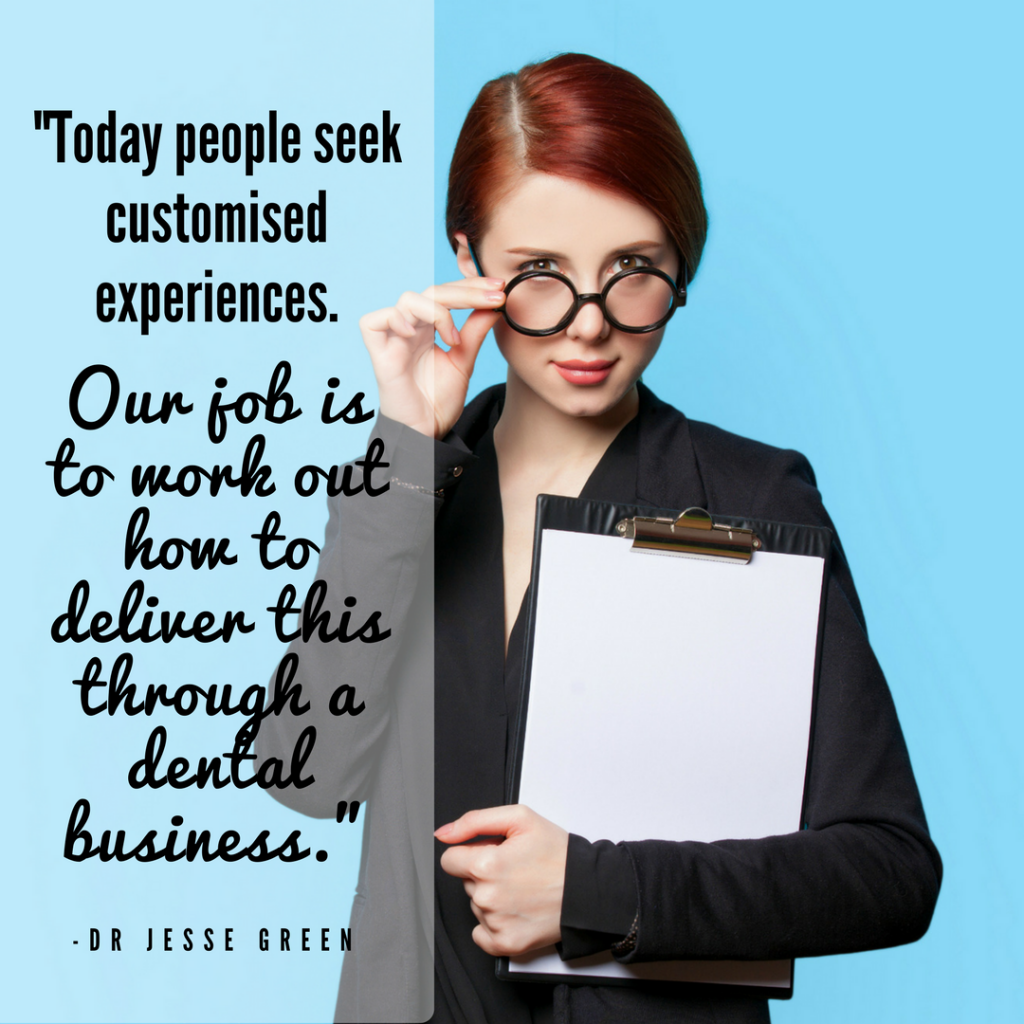A dental business is a great personal development course.
By some mysterious design, dental business takes us up a steady pathway of growth punctuated by what can feel like deliberately divined challenges.
Patient numbers, marketing, personnel, cashflow, you name it. In business, it seems nothing is off limits.
Rarely easy, these experiences galvanise and propel us forward.
When facing the challenges, we have a professional tendency (and it’s a generalisation) to want to craft the perfect solution.
And why wouldn’t we? As dentists, it’s drummed into us.
If we haven’t yet finessed this trait before university, we certainly hone it to perfection during that time.
Unleashed into practice, our perfectionism takes full flight; undoubtedly, a wonderful thing for the people we help.
Neither we nor our patients would have it any other way.
But in business, perfectionism is a serious rate limiting factor.
Perfectionism slows progress.
It stymies creativity.
And it shuts down possibility and potential.
In the sphere of dental business, we want to be more bold, less bland; get more done, rather than wait for perfect.
My quick tip for 2018?
Lighten up on perfectionism.
To get business moving, bolder action – however imperfectly executed – is required.
Here are my tips for enjoying some imperfect wins sooner.

Have Simple Systems
I’m a big believer in systems.
I’m an even bigger believer in simple systems that work and can be implemented with ease.
Systems are intended to make dental business easier, not harder.
They should support your team, make things flow, keep business moving.
My team know we work to systems made up of speedy standard operating procedures – or SOPs.
Presented on a single page, it is entirely possible for your dental business to be systemised this way.
Does this mean you need to write every SOP?
Definitely not.
Yes, you’ll want to have input, but you don’t need to write it yourself.
Try recording a procedure. Then send the recording to a virtual assistant or switched on team member.
Let them transpose the audio into the SOP format so it’s ready for review.
I know, I know. A dental practice must have a hundred or more different SOPs, right?!
I get it.
Make a list. Start with five. Get them done.
Why?
Because getting stuff done is better than waiting for perfect.

Know Your Key Performance Indicators (KPI)
We talk a lot about dental business KPIs at Savvy Dentist.
If we’re serious about moving from practice owners to dental business entrepreneur, it’s vital to know your KPIs.
Again, we’re not talking anything complex here.
Just simple things done consistently.
Why?
Because too many KPIs means you’re aiming for perfect.
And guess what?
You won’t find that kind of perfect at the end of a special KPI rainbow.
A KPI is something you’re measuring right now; something you’re aiming for each week.
Is it new patient numbers?
Maybe it’s the number of patients asked for a referral.
It could be reactivations.
But Jesse, they’re all my KPIs! And I have about another twenty.
That could be true, but pick your highest priorities. Think about what will give you the biggest bang for buck?
Just start with one, two or three KPIs, not ten.
Here’s why: ten KPIs will send you into perfectionism overwhelm.
Trust me. You don’t want to go there.
Once you’ve got a handle on one KPI, only then consider upping them to a maximum of six.
Making this shift in mindset will not only help you overcome the dilemma that there’s too much to do and not enough time.
It will also put you on track for true dental business ownership.

Practice Makes Perfect
I know what you’re thinking.
Isn’t this post about letting go of perfectionism and getting stuff done.
Now here I am suggesting you practise to make it perfect.
Let me explain.
Giving up habits we’ve developed and hung onto for a long time takes practice.
Like any muscle, only through challenge will it strengthen.
Which is why you will need to practice not wanting everything to be perfect.
I’m not suggesting you relax your professional standards in clinical practice.
What I mean is find ways to engage the 80 percent rule in development of your business, rather than strive for perfection.
If it’s 80 percent there, finish it off. And move on.
One area this applies for most dentists I encounter is in their marketing.
Yes, they know producing content is important.
But they confuse the need for content with the need for perfect content.
If you wait for the perfect words or image, you’ll never write a blog, so go with 80 percent.
Record your thoughts on a topic. Have it transcribed and then tweak it.
Take your own photos and get creative with headlines. Have fun.
Just get it done and share it.
Final Words…
At its core, perfectionism is about control.
We think we can control many things we can’t. Ironically, the more we try to control something, the more out of control it gets.
While it’s counter intuitive, letting go of some of that control and perfectionism takes the pressure off.
It allows other solutions to emerge, often making life easier than if we’d controlled it every step of the way.
In my experience, perfectionism in business has slows things down. Don’t let it do that for you.
Let’s learn from it and let perfectionism go in 2018.

















